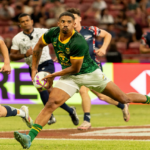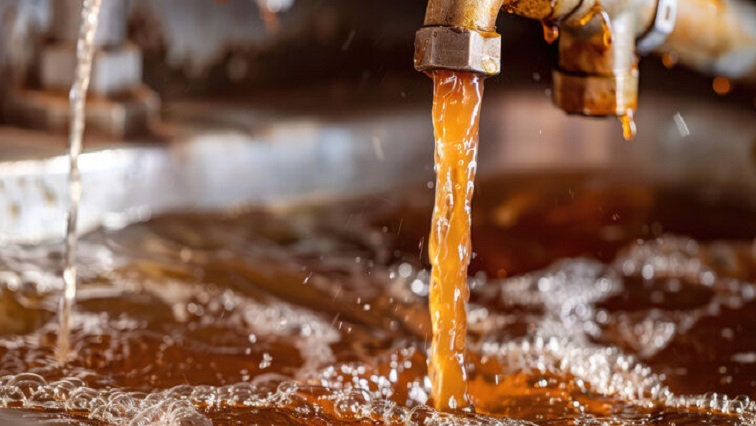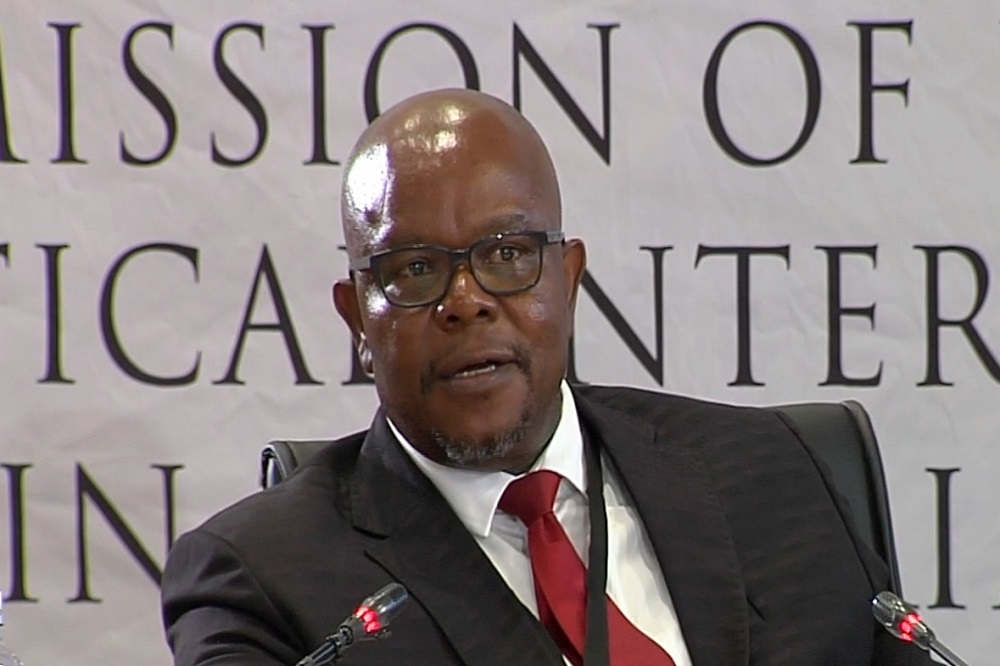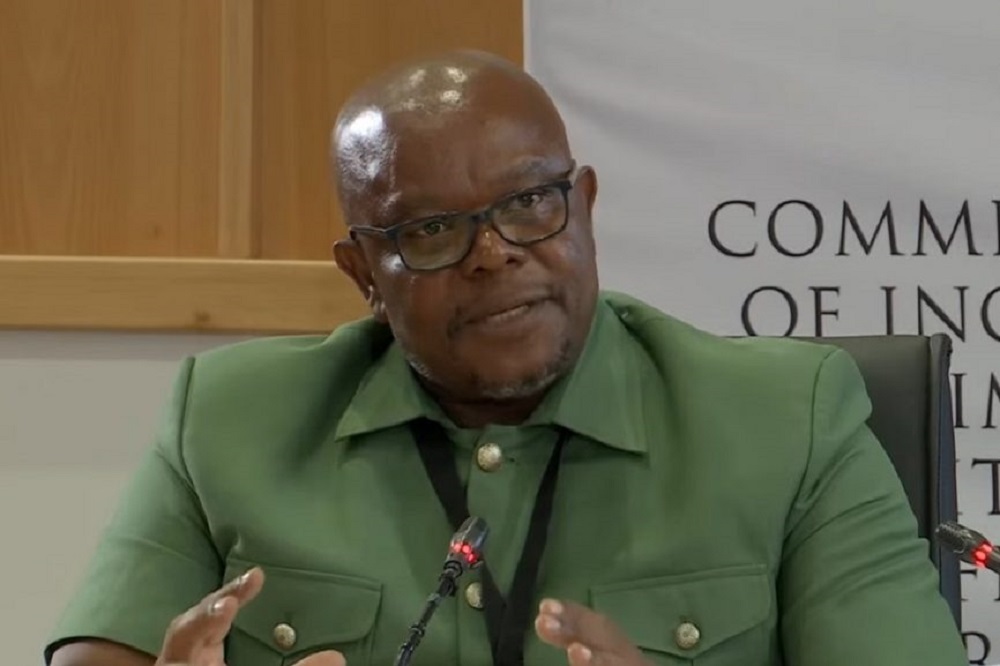-
A tap with dirty water.
Residents of Hammanskraal, north of Pretoria, will once again have to wait for clean and drinkable water. This is because the Magalies Klipdrift water plant project has hit another snag.
The plant is supposed to provide drinking water to the area.
Water and Sanitation Minister Pemmy Majodina announced this during the launch of the Klipdrift potable water treatment plant.
While the first phase of the project is complete, Majodina says the water needs to be tested first before it can be declared safe for consumption with experts saying this may have a knock-on effect on the three remaining phases of the project.
The Minister visited the area accompanied by her two deputies as well as Tshwane officials.
“With our system, we are done but we cannot be arrogant and give out water when there are still outstanding issues of ensuring that the water that goes to the taps is clean and safe to drink. Therefore, we’ve allowed Tshwane and Magalies to do water testing. When they do that, they must publish the results,” she said.
Water and Sanitation | Launch of Klipdrift potable water treatment plant
Meanwhile, Majodina said that some residents of Hammanskraal continued to connect illegally to the Tshwane water network. She added that this resulted in the water being contaminated.
The Minister said the project will help alleviate risks for the Hammanskraal residents. “As we were releasing water it became contaminated in a way because of the old water pipes that were used at Themba treatment water plant. There are people who have connected there illegally and when they connect illegally is backwashing to the system and costing our clean water that comes out here. We cannot take risks as we allowed the system in and out for a week then we’ll assess after a week and say if water is drinkable or not.”
Water tankers
Residents in the meantime have revealed that they have been left at the mercy of water tankers for clean water which is now being allegedly sold to them.
Tshwane deputy mayor Eugine Modise said they are keeping an eye on water tankers.
“All tankers must have tracking devices which we are monitoring. We have requested service providers to give us the number plates of the trucks and allocations so that we can monitor them. We are not allowing anybody to buy water from the tankers. We want to know who’s selling water, when and where.”
Ward councillor Nthabiseng Mahlangu has since called on residents not to drink water supplied at least until it has been proven safe.
The next three phases will continue into the new year and completion is expected around June.











